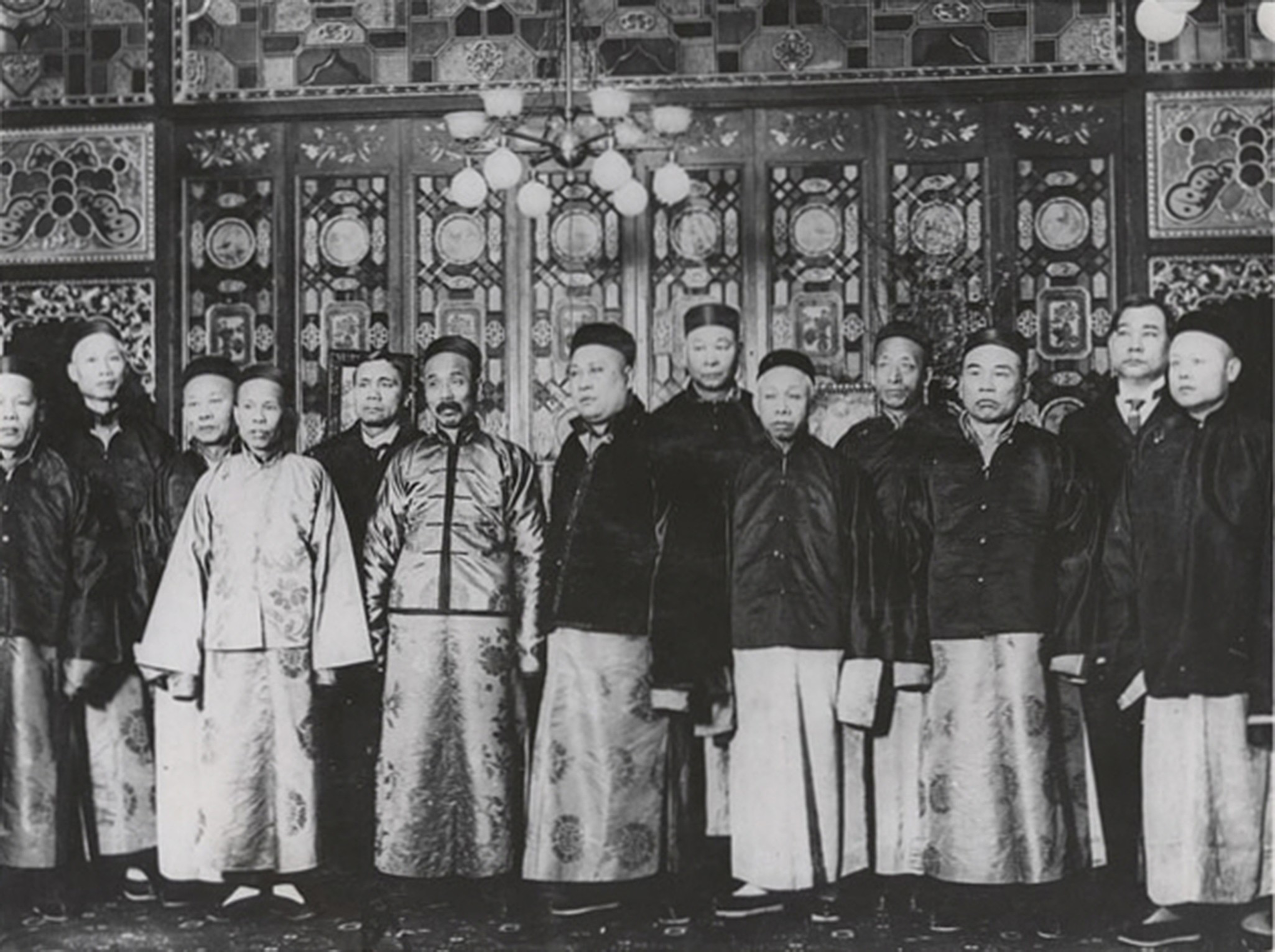For the first time in its 170-year history (opens in new tab), San Francisco’s Chinese Consolidated Benevolent Association (CCBA)—a historic Chinatown institution that was once the power center of Chinese American immigrants—will welcome its first female top leader.
Alisa Lam, a 40-year-old San Francisco native, will make history on Wednesday when she becomes the association’s presiding president. Her inauguration event will be held in Chinatown and Mayor London Breed is expected to administer an oath and swear her into the role.

“Sometimes it is necessary to change the old ways,” Lam told The Standard, adding that she’s humbled by the opportunity to break historic representation barriers for women in Chinatown.
Lam, an employee at UC San Francisco, is not a stranger to Chinatown or the organization. Her late father was once the presiding president of CCBA, and she grew up going to Chinatown events. Lam said she continues to feel the impact of her father’s influence.

As is tradition, Lam’s term will only last two months, starting Wednesday and ending early next year. CCBA’s presidency is based on the rotation of seven leaders from seven sub-groups (opens in new tab), and each term is two months. Last year, Lam became president of the Yan Wo association (opens in new tab), which represents Chinese immigrants from Huizhou and other Hakka-speaking areas and is one of the seven sub-groups that hold the presidency.
She said that during her term, she wants to cultivate a “new style of communication” to rebuild a harmonious Chinatown and Chinese American community, noting that most historic Chinatown associations are run by senior Chinese immigrant men.
“The elders and younger generation must learn to communicate,” Lam said, “and work together for the better of the community.”

Starting in the 1850s, CCBA provided critical help and services to new Chinese immigrants. It also fought for civil rights issues, as in the groundbreaking U.S. v. Wong Kim Ark (opens in new tab) lawsuit, which established birthright citizenship in America.
“It is considered Chinatown’s City Hall,” said David Lei, a historian of Chinese American culture and history.
Since the mid-20th century, when the Chinese Exclusion Act was repealed and many Chinese Americans moved out of Chinatown, the influence and political power of CCBA has waned (opens in new tab). It exists mostly as a symbolic historic institution and a place for community members to battle it out over China’s politics (opens in new tab) now. CCBA has local branches across the U.S. in major cities that have historic Chinatowns, including New York City, Los Angeles, Boston, Seattle and Portland.
